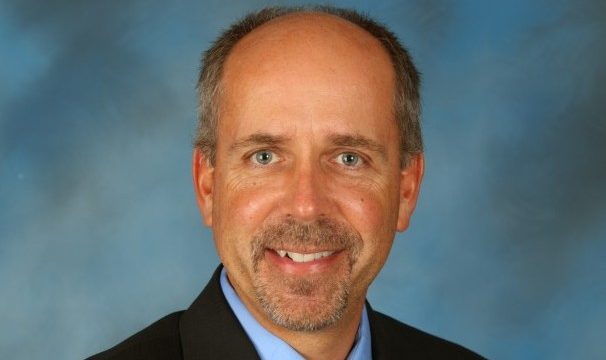Interview: Rep. Mark Dosch Talks About North Dakota School Choice Bill

I interviewed Rep. Mark Dosch about HB1466, a bill that would appropriate 25% of a student’s share of public education dollars to any private school that student may attend. The bill would require that parents choosing a private school file a form with the superintendent of their school district. Based on that form, the Department of Public Instruction would then send the funds to the public schools.
I asked Rep. Dosch if parents who school their children at home would be eligible for funds under this bill, and he said they would not. Home schooling is considered a program under North Dakota law and not a school. This bill only allows for schools to get the funds.
I also asked Rep. Dosch about concerns over the state constitution’s prohibition on funds for sectarian (religious) schools. Article VIII, Section 5 of the state constitution reads, “No money raised for the support of the public schools of the state shall be appropriated to or used for the support of any sectarian school.” It’s called a “Blaine amendment,” named after former US House Speaker James G. Blaine, and it’s the product of anti-Catholic bigotry in 18th and 19th century America. The US Supreme Court has upheld school choice programs which divert funds to religious schools, including Catholic schools, in Zelman vs. Simmons-Harris, but some consider the existence of this language in the North Dakota constitution may make passage of this bill difficult.
Dosch doesn’t agree. He said that the legislature already fulfills the Article VIII, Section 1 requirement for the creation of a secular public school system. As to Article VIII, Section 5 Rep. Dosch note that it prohibits “money raised for the support of the public schools of the state” from being used for “sectarian schools.” Dosch says that means the state can’t use revenues from taxes explicitly earmarked for education (i.e. property taxes) to fund sectarian schools.
Dosch says his bill gets around that by using general fund tax revenues for funding. And even if that work-around doesn’t work, you wouldn’t think the bill would necessarily be invalidated. It could still be used for secular private schools (though I don’t know how many secular private schools there are in North Dakota).
Regardless, the intent of Dosch’s legislation is to empower parents with more choices when it comes to educating their children. And as we’ve seen over and over again, when parents are empowered with choice we get better education outcomes.







